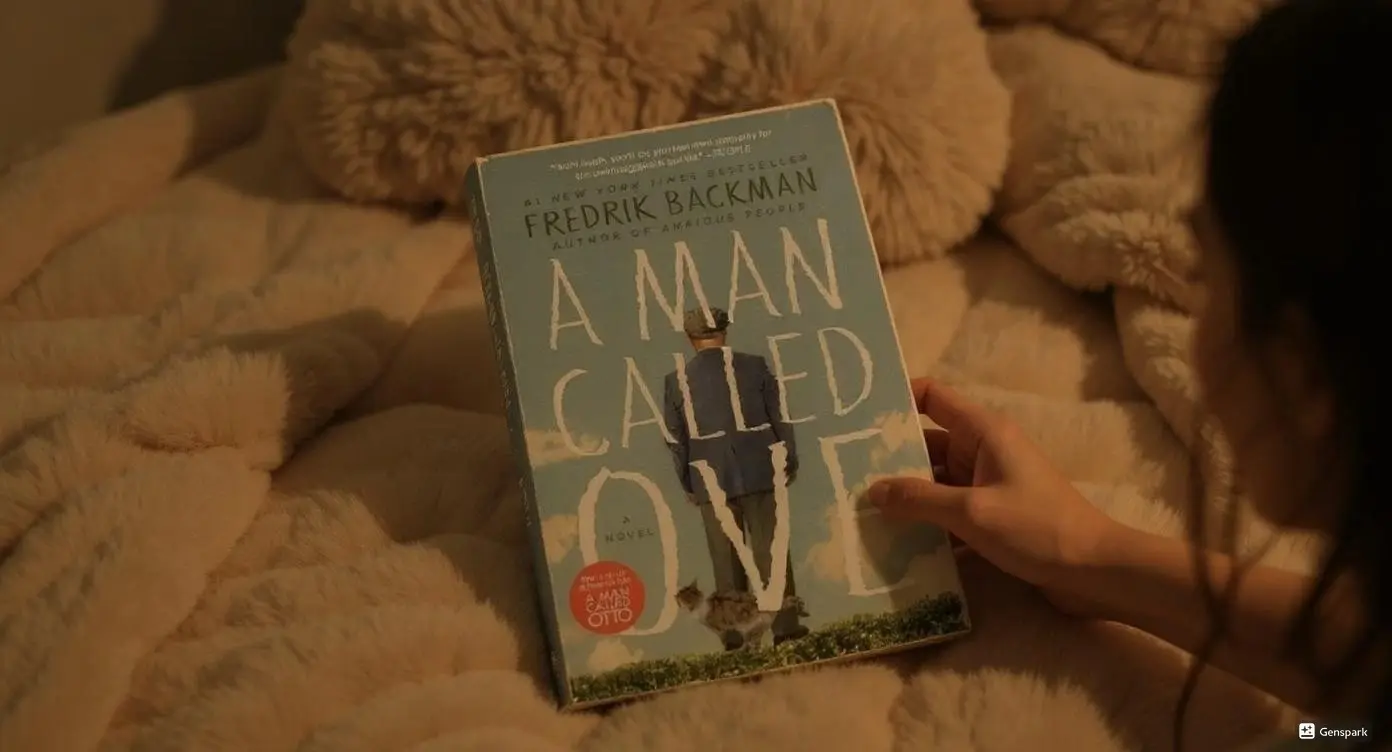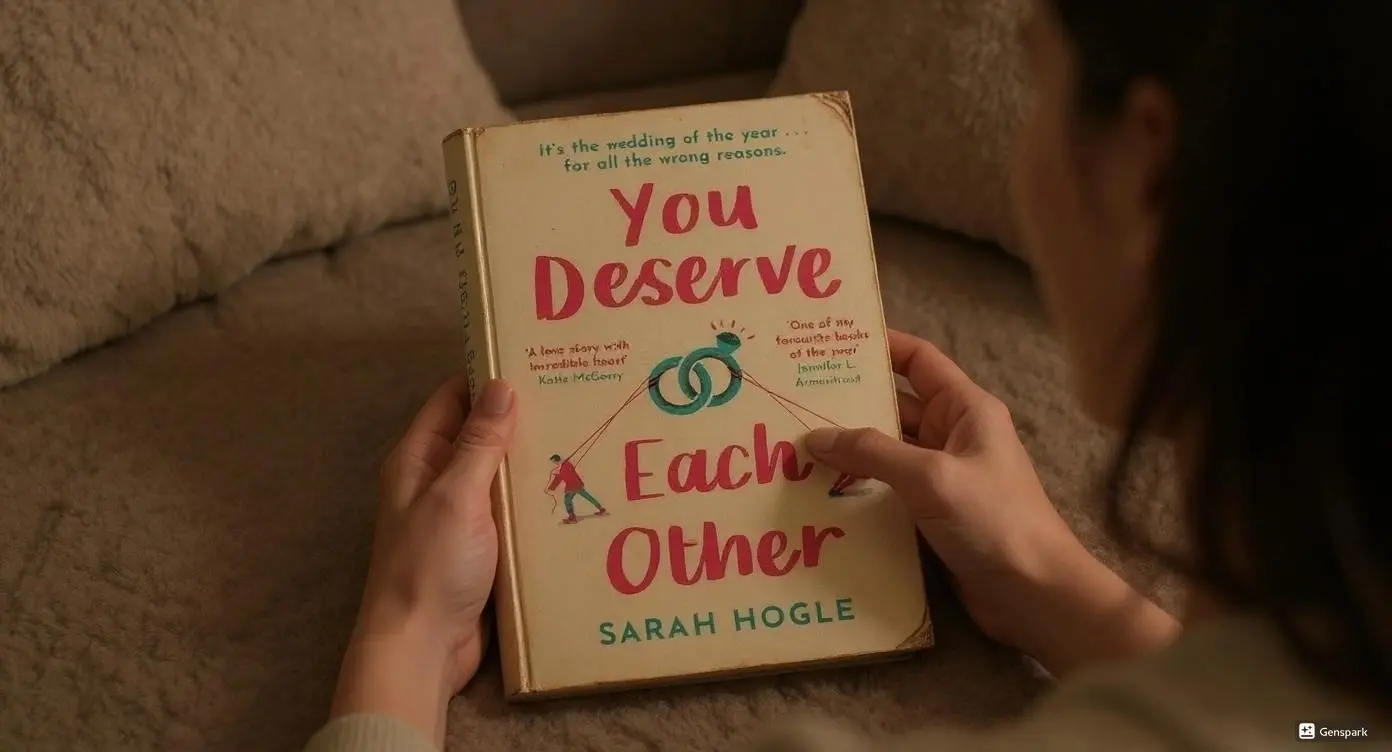I picked up Sarah Manguso’s “Liars” at 2 AM on a rainy Tuesday, expecting another predictable marriage drama. Three hours later, I sat mentally scarred by the jaw-dropping honesty of Jane’s unraveling world. This isn’t your typical divorce novel—it’s a surgical examination of how two people can systematically destroy each other while calling it love.
Manguso crafts a blistering story of a marriage burning to the ground, following a woman rising from its ashes. I’ve read over 200 contemporary fiction books this year, and few have left me questioning the very nature of truth in relationships like this one did. The book dissects how marriage transforms us into versions of ourselves we never intended to become.
As the acclaimed author of ten books and recipient of a Guggenheim Fellowship, Manguso brings her full literary arsenal to this explosive domestic drama. Her protagonist Jane mirrors the struggles of countless women who lose themselves in the service of their partner’s ambitions. The result is a book that left me questioning everything about modern marriage dynamics.
Key Takeaways
The book reveals how domestic labor remains invisible and undervalued in modern marriages, even among supposedly progressive couples.
Manguso exposes the subtle ways women’s creative ambitions get systematically undermined by partners who claim to support them.
The narrative demonstrates how emotional manipulation can masquerade as love, leaving victims questioning their own reality.
The story shows how societal expectations about motherhood and wifehood can trap women in cycles of self-sacrifice.
Most importantly, it illustrates that sometimes the most profound act of self-preservation is walking away from what others consider a “good” marriage.
Basic Book Details:
- Publishing Information: July 23, 2024 by Hogarth Press (Penguin Random House)
- Genre: Contemporary Literary Fiction / Autofiction
- Plot: A searing examination of a marriage’s dissolution told through the wife’s perspective
- Series Information: Standalone novel (Manguso’s second novel)
- Page Count: 272 pages
- Main Characters: Jane – aspiring writer who sacrifices her career for marriage; John Bridges – filmmaker husband who emotionally manipulates his wife
Book Overview And Author Context
Publication Details And Sarah Manguso’s Literary Background
Released on July 23, 2024, by Hogarth Press, “Liars” represents Manguso’s fierce return to fiction after establishing herself as a master of memoir and poetry. I’ve followed Manguso’s work since “The Two Kinds of Decay,” and watching her evolution from poet to novelist has been remarkable. Her background as someone who has written extensively about time, memory, and the body brings a unique perspective to marriage literature.
With ten published books and translations into fifteen languages, Manguso brings serious literary credibility to what could have been another suburban divorce story. Her previous work “Ongoingness” explored how we construct meaning from fragmented experiences—a skill that serves her brilliantly in depicting a marriage’s slow-motion collapse. The author’s mastery of compressed prose makes every sentence count.
Plot Synopsis And Central Marriage Dynamics Between Jane And John
Jane, an aspiring writer, meets filmmaker John Bridges when both want the same things: love, creative success, and happiness. What starts as a partnership of equals slowly transforms into something more sinister. I found myself cringing at John’s subtle manipulations, recognizing patterns I’ve witnessed in real relationships. The plot unfolds like a forensic examination of how good intentions can mask destructive behavior.
Jane gradually abandons her writing ambitions to support John’s film career, handling domestic responsibilities while he pursues his dreams. The couple has a child, and Jane’s world shrinks further as John’s expands. Their marriage becomes a case study in how traditional gender roles reassert themselves even in supposedly modern relationships.
Narrative Structure And Storytelling Technique
Epistolary Style And Fragmented Paragraph Construction
Manguso constructs this novel like a series of diary entries or therapy sessions. I was struck by how the fragmented structure mirrors Jane’s fractured mental state. Short, clipped paragraphs create a breathless quality that kept me turning pages despite the painful subject matter. The writing feels both intimate and urgent, like someone finally telling the truth after years of silence.
The author breaks conventional narrative flow deliberately. Instead of smooth transitions, we get jarring jumps between scenes and thoughts. This technique brilliantly captures how trauma affects memory and storytelling. Reading it felt like watching someone piece together the wreckage of their life in real-time.
Biblical Mythology And Genesis Origin Story Framework
Manguso weaves biblical references throughout the text, particularly the Garden of Eden story. Jane and John’s relationship parallels the fall from grace, with John cast as the serpent introducing deception into their paradise. I appreciated how the author uses these mythological frameworks without being heavy-handed. The religious imagery adds weight to what might otherwise feel like a simple divorce story.
The Genesis parallels become more apparent as Jane gains knowledge about her husband’s true nature. Like Eve, she faces expulsion from the life she thought she wanted. But Manguso subverts the traditional narrative—Jane’s “fall” becomes her salvation.
Character Development And Psychological Analysis
Jane’s Evolution From Aspiring Writer To Diminished Wife
Jane’s character arc broke my heart. She begins as a confident artist with her own ambitions and voice. Gradually, she becomes a supporting character in her own life. I watched her internalize John’s criticism, doubt her own perceptions, and shrink to accommodate his expanding ego. The transformation feels both subtle and devastating.
What makes Jane compelling is her eventual recognition of what she’s lost. The moments when she remembers her former self are genuinely moving. Manguso shows us a woman reclaiming her narrative after years of letting someone else write her story. Jane’s journey back to herself forms the novel’s emotional core.
John’s Narcissistic Traits And Emotional Manipulation Patterns
John emerges as one of the most infuriating characters I’ve encountered recently. He’s not overtly abusive—he’s worse. He uses Jane’s love against her, making her complicit in her own diminishment. His manipulations are so subtle that even readers might initially miss them. I found myself wanting to shake Jane awake during their early interactions.
The author portrays John as someone who genuinely believes he’s a good husband. This self-deception makes him more dangerous than an obvious villain. He represents the kind of man who destroys women while maintaining his reputation as a feminist ally. His characterization is both specific and universal.
Writing Style And Literary Craft
Aphoristic Prose And Clipped Sentence Construction Techniques
Manguso’s prose cuts like a blade, delivering maximum impact with minimal words. Her sentences have the precision of poetry, each word carefully chosen for effect. I found myself highlighting passages that captured complex emotions in just a few words. The writing style matches the emotional content—sharp, unforgiving, and memorable.
The author’s background as a poet shows in every line. She understands the power of compression, saying more with less. This economy of language makes the book feel both intimate and universal. Reading it is like having someone whisper painful truths directly into your ear.
Unreliable Narration And Dual Liar Theme Exploration
The title “Liars” refers to both characters, though in different ways. Jane lies to herself about her marriage’s true nature, while John lies to manipulate and control. I appreciated how Manguso explores the different types of deception that marriages can contain. Some lies protect, others destroy, and the difference isn’t always clear.
Jane’s unreliability as a narrator adds complexity to the story. We’re seeing events through the eyes of someone who has been gaslighted for years. This perspective makes us question not just what happened, but how we interpret our own relationships. The narrative technique serves the story’s deeper themes about truth and self-deception.

Thematic Analysis And Social Commentary
Feminist Critique Of Invisible Labor And Gender Role Expectations
The book captures the resentment a self-assured feminist feels after being trapped in gendered roles within a sexist relationship. Manguso exposes how quickly progressive ideals can crumble under the weight of practical needs. Jane handles childcare, housework, and emotional labor while John focuses on his career. This imbalance feels both personal and political.
The author shows how women’s work becomes invisible even to themselves. Jane doesn’t recognize her own exploitation until it’s nearly too late. The domestic sphere traps her as effectively as any prison, but the bars are made of love, duty, and societal expectations. This analysis feels both timely and timeless.
Domestic Power Dynamics And Professional Career Sabotage Elements
John’s sabotage of Jane’s writing career is particularly insidious because it masquerades as support. He encourages her work while creating conditions that make it impossible. I recognized this pattern from countless stories of women whose partners claim to support their dreams while systematically undermining them. The professional sabotage intertwines with emotional manipulation.
The power dynamics shift throughout the book as Jane gradually recognizes what’s happening. Her awakening to John’s true nature parallels her reclamation of professional ambition. The two threads—personal and professional liberation—become inseparable by the novel’s end.
Comparative Literary Context
Positioning Within Contemporary Divorce Literature And Autofiction Genre
Critics have compared “Liars” to Elena Ferrante’s “Days of Abandonment” and Jenny Offill’s “Dept. of Speculation,” positioning it within the canon of brilliant domestic literature. Like those works, Manguso’s novel transcends the personal to make broader statements about women’s experiences. The book belongs to the growing genre of autofiction that blurs the line between memoir and novel.
I’ve read extensively in this genre, and “Liars” stands out for its unflinching honesty. While other books in this category sometimes sentimentalize their subjects, Manguso refuses to romanticize either marriage or divorce. The comparison to Rachel Cusk’s “Aftermath” feels particularly apt—both books examine marriage’s failure with surgical precision.
Stylistic Connections To Rachel Cusk’s Aftermath And Manguso’s Previous Works
Like Cusk, Manguso writes about domestic breakdown without seeking sympathy or offering easy answers. Both authors trust their readers to handle complex, sometimes uncomfortable truths. The fragmented structure recalls Cusk’s approach to narrative, though Manguso’s voice remains distinctly her own. The connection to her previous work “Ongoingness” is clear in the way she handles time and memory.
The book feels like a natural evolution of Manguso’s interests in duration, attention, and the construction of meaning. Her earlier works explored how we make sense of chronic illness and loss; here she applies similar analytical skills to marriage’s pathology. The result is both continuous with her previous work and a significant departure.
Pros
The book’s emotional honesty is devastating and necessary. Manguso writes about marriage’s failures without flinching, creating a work that feels both personal and universal. Her prose style is superb—compressed, precise, and memorable. The character development, particularly Jane’s evolution, is expertly handled. The author avoids both sentimentality and cynicism, finding a middle ground that feels authentic.
The feminist analysis is sharp without being preachy. Manguso shows rather than tells, letting readers draw their own conclusions about gender dynamics and power imbalances. The book works on multiple levels—as a marriage story, a feminist text, and a literary achievement. At 272 pages, it doesn’t overstay its welcome but delivers maximum impact.
The comparative context with other contemporary works in the genre adds to its power. Manguso has created something that stands alongside the best domestic literature of recent years. For readers interested in books about modern marriage dynamics and women’s career sacrifices, this book offers crucial insights.
Cons
The book’s intensity can be overwhelming. Manguso never lets up on the emotional pressure, which makes for exhausting reading. Some readers might find Jane’s initial blindness to John’s manipulation frustrating, though this accurately reflects how emotional abuse operates. The fragmented structure, while effective, occasionally feels disjointed rather than purposeful.
The ending, while satisfying, comes somewhat abruptly. After building tension for most of the book, the resolution feels slightly rushed. John’s character, though well-drawn, occasionally veers toward caricature in his awfulness. The biblical framework, while clever, doesn’t always integrate seamlessly with the contemporary story.
The book’s narrow focus on one relationship limits its scope. While this intensity is also a strength, readers looking for broader social commentary might find it too personal. The prose style, though beautiful, can feel overly compressed at times. Some passages would benefit from more development and context.
Final Verdict
“Liars” is a ferocious examination of marriage that refuses to offer comfort or easy answers. I read it in one sitting, unable to put it down despite its emotional intensity. Manguso has created a work that will resonate with anyone who has watched a relationship slowly destroy itself via manipulation and lies. The book succeeds as both literature and social commentary.
The writing is exceptional—sharp, precise, and emotionally devastating. Jane’s journey from complicity to awareness feels both specific and universal. While the book’s intensity can be overwhelming, this seems appropriate for its subject matter. Not every marriage ends in dramatic fashion; some die slowly, through accumulated lies and unspoken resentments.
I recommend this book particularly to readers interested in contemporary feminist literature, domestic fiction, and anyone who has questioned the gap between progressive ideals and lived reality. The book offers no easy solutions but provides the kind of clear-eyed analysis that makes change possible. For a work about deception, “Liars” is remarkably honest.
At Dionysus Reviews, we celebrate books that challenge readers while maintaining literary excellence. “Liars” does both, earning its place among the year’s most important fiction. The book will stay with you long after you finish it, which is both a warning and a recommendation.
The novel stands as a significant achievement in contemporary literature about marriage and divorce. While it doesn’t reinvent the genre, it brings new intensity and insight to familiar themes. For readers seeking honest exploration of relationship dynamics, “Liars” delivers exactly what its title promises—a book about the lies we tell ourselves and others in the name of love.
Dionysus Reviews Rating: 7/10
Sip The Unknown—Discover Stories You Never Knew You’d Love!
Dionysus Reviews Has A Book For Every Mood
Biography & Memoir
Fiction
Mystery & Detective
Nonfiction
Philosophy
Psychology
Romance
Science Fiction & Fantasy
Teens & Young Adult
Thriller & Suspense
Frequently Asked Questions
Does Sarah Manguso draw from personal experience in writing Liars?
Manguso has stated that she channeled her rage from her own divorce into writing the novel, though she emphasizes that the protagonist’s experiences differ from her own. The book reads like autofiction but maintains enough distance to be considered a novel.
The author’s personal experience with divorce clearly informs the emotional authenticity of Jane’s story, but specific plot details remain fictional.
How does the biblical mythology enhance the story’s themes?
The Genesis framework provides a deeper layer of meaning to Jane and John’s relationship breakdown. Like Adam and Eve, they begin in a kind of paradise that contains the seeds of its own destruction.
Jane’s growing awareness of John’s manipulation parallels Eve’s gaining forbidden knowledge. The religious imagery elevates the personal story to archetypal significance, suggesting that deception has been central to human relationships since the beginning.
What makes John’s character particularly effective as an antagonist?
John’s effectiveness lies in his believability rather than his villainy. He’s not a monster but rather a deeply selfish person who genuinely believes he’s a good husband.
His manipulations are subtle and often unconscious, making him more dangerous than an overtly abusive partner. Many readers will recognize aspects of John in men they know, which makes his character both specific and universal.
How does the fragmented narrative structure serve the story?
The broken, diary-like structure mirrors Jane’s fragmented mental state after years of gaslighting. It also reflects how trauma affects memory and storytelling—events don’t flow smoothly but come in bursts and fragments.
The structure forces readers to piece together the marriage’s dissolution just as Jane pieces together her own understanding of what happened. This technique makes us active participants in uncovering the truth.
What distinguishes Liars from other contemporary divorce literature?
Manguso’s background as a poet brings precision and compression to her prose that sets it apart from other works in the genre. The book’s unflinching examination of how progressive couples can fall into traditional gender roles feels particularly timely.
Unlike some divorce literature that seeks sympathy for its protagonist, “Liars” presents Jane as complicit in her own situation, making her eventual awakening more powerful. The book’s integration of feminist analysis with personal narrative creates a work that operates on multiple levels simultaneously.









